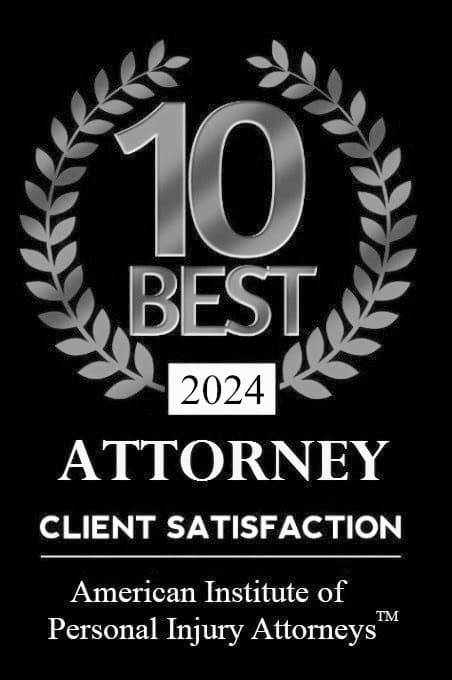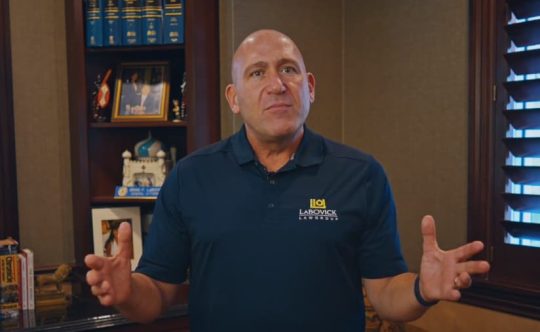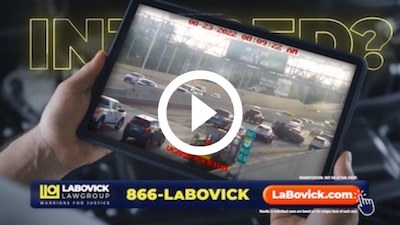Demonstrating Fault in Premises Liability Cases
What Negligence Means?
In premises liability cases, negligence refers to the property owner or manager’s failure to act with reasonable care to maintain a safe environment. To demonstrate negligence, it must be shown that the property owner knew, or reasonably should have known, about the dangerous condition and failed to take appropriate actions to rectify it.
Proving Negligence in Premises Liability Cases
Proving negligence is a critical aspect of a premises liability case. Four elements must be demonstrated to prove negligence.
Duty of Care
The property owner or manager has a legal obligation to ensure the safety of their premises. This includes maintaining the property in a condition that is reasonably safe and free from hazardous conditions that could cause injury. This duty extends to anyone who legally enters the property, whether they are guests, customers, or tenants.
Breach of Duty
This element involves proving that the property owner or manager failed in their duty of care. In other words, they either knew or should have known about a hazardous condition on their property and failed to address it in a timely manner. This could be a physical condition like a slippery floor or broken stairs, or it could be a lack of adequate security measures in a location known for criminal activity.
Causation
It’s not enough to simply show that a dangerous condition existed and that the property owner or manager failed to address it. You must also prove causation – that is, the dangerous condition directly resulted in your injury. This often involves demonstrating that the injury wouldn’t have occurred if the hazard hadn’t been present.
Damages
Finally, you must show that you suffered actual harm or injury due to the incident. This can be physical harm, like broken bones or head injuries, or non-physical harm, like mental trauma or emotional distress. Proof of damages often involves medical records, receipts for treatment, and testimony about how the injury has affected your life.
Gathering and Presenting Evidence
Evidence plays a crucial role in proving negligence. This may include:
- Accident or incident reports
- Witness statements
- Surveillance footage
- Photographs of the hazardous condition and injuries
- Medical records documenting the injuries
- Records showing past incidents or complaints related to the hazard
This evidence must be carefully collected, preserved, and presented to effectively prove negligence.
Why You Need a Miami Premises Liability Attorney
Importance of Local Legal Expertise
Engaging a Miami premises liability attorney provides you with a professional who understands the specific laws and regulations governing premises liability in Miami and Florida more broadly. They are familiar with local courts and judges, which can provide an advantage in your case.
Navigating Legal Complexities
Premises liability cases can be complex, involving intricate details of law and demanding a thorough investigation. A seasoned attorney can navigate these complexities, handle paperwork, and meet critical deadlines, ensuring that your claim is properly presented and heard.
Advocating for Your Rights
A Miami premises liability attorney will be your dedicated advocate. They will stand up to insurance companies on your behalf, making sure your rights are protected. They’ll also fight for fair and just compensation for your injuries, taking your case to trial if necessary.
Maximizing Compensation
A skilled lawyer can accurately estimate the full extent of your damages, including current and future medical expenses, lost wages, and pain and suffering. This helps in seeking the maximum compensation you deserve.
Factors to Consider When Choosing a Miami Premises Liability Lawyer
Experience and Track Record
Choose a lawyer with substantial experience in handling premises liability cases, particularly those similar to yours. Look into their track record of success, including the settlements and judgments they have secured for their clients.
Specialization in Premises Liability Law
Law is vast, and attorneys who specialize in premises liability law will be more knowledgeable about the intricacies of such cases. They are likely to be up-to-date with the latest legal developments in this area, which could be advantageous for your case.
Communication and Accessibility
Good communication is crucial in any attorney-client relationship. You should feel comfortable discussing your case with your lawyer, and they should be responsive and accessible when you have questions or need updates on your case.
Fees and Costs
Understand the attorney’s fee structure before engaging their services. Many premises liability lawyers work on a contingency fee basis, meaning they only get paid if they win your case. Make sure you understand what percentage they will take and whether there will be any additional costs.
Let Labovick Law Group Champion Your Miami Premises Liability Case
At Labovick Law Group, we’re not just attorneys – we’re advocates for justice. Our team has extensive experience in handling premises liability cases, helping victims in Miami and throughout Florida secure the compensation they deserve. We understand the intricacies of Florida’s premises liability laws and how to effectively apply them to our clients’ benefit.
We’re passionate about what we do, and that passion is reflected in our unwavering commitment to our clients. At Labovick Law Group, we view our clients as individuals, not case numbers. We’re dedicated to providing personalized legal representation, and we’re ready to go the extra mile to fight for your rights.
What Sets Us Apart?
We combine our legal prowess with compassion and understanding. We recognize that each case is unique, and we tailor our approach accordingly to seek the best possible outcome for each client. With us, you’re not just getting a Miami premises liability attorney – you’re getting a committed partner on your path to justice.
We understand that taking the first step can be daunting. That’s why we offer a free, no-obligation consultation. We invite you to contact us to discuss your Miami premises liability case. Let us show you how we can put our knowledge, experience, and dedication to work for you. Remember, with Labovick Law Group, you’re never alone in your pursuit of justice. We look forward to championing your case!
















